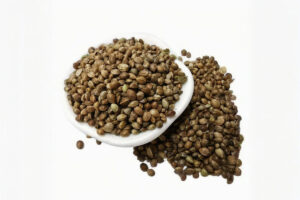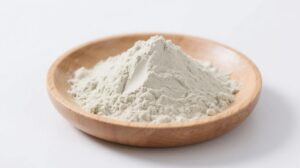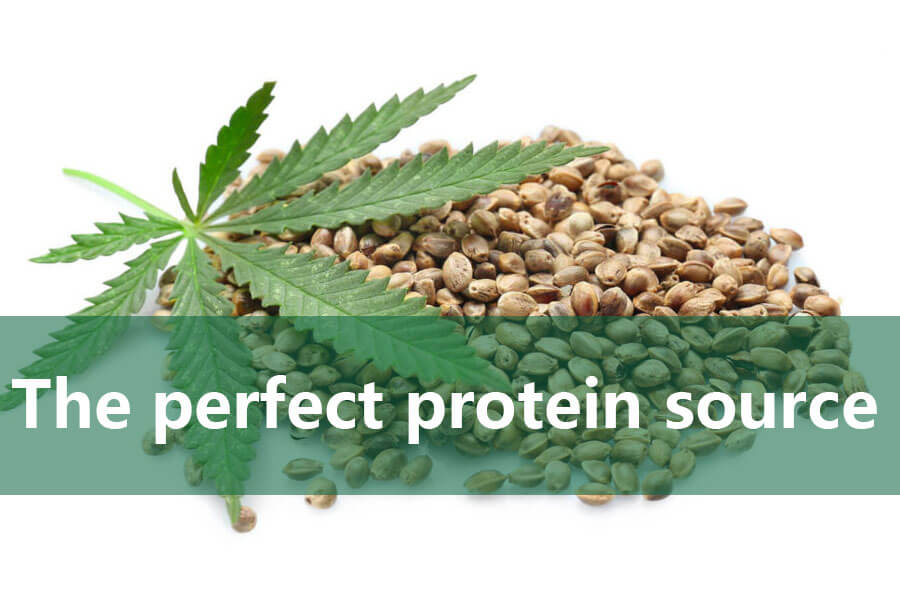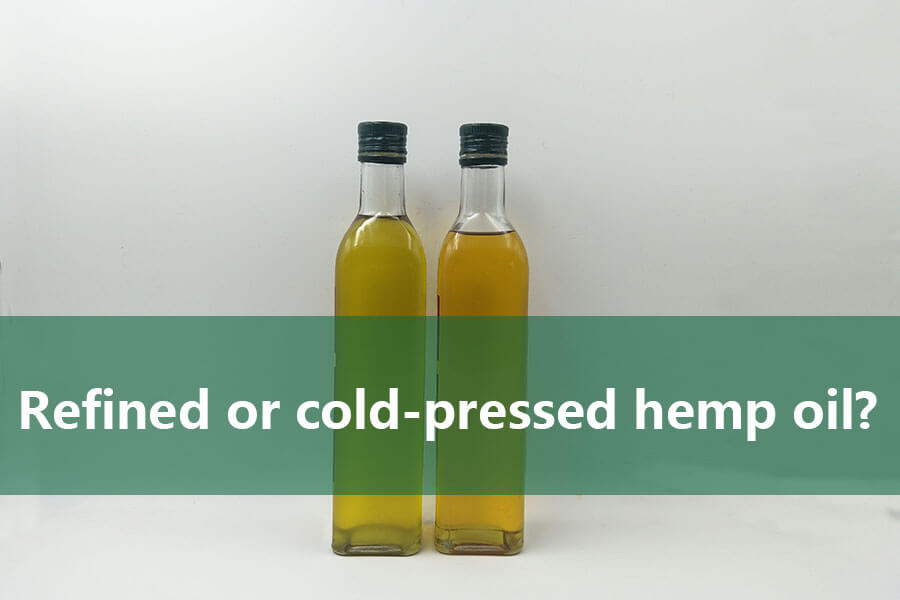As the global food and nutrition industry shifts toward clean-label, plant-based, and nutrient-dense ingredients, organic hemp seed protein powder stands out not only for its protein quality but also for its exceptional mineral composition. Unlike isolated protein sources that lose micronutrients through intensive processing, hemp protein retains a broad spectrum of naturally occurring minerals that play essential roles in human health.
From iron and magnesium to zinc, potassium, and phosphorus, organic hemp protein offers a uniquely balanced mineral profile that appeals to health-conscious consumers and product formulators alike. This article takes a closer look at the mineral content of hemp protein and why it matters for today’s functional food and beverage market.
1. Iron: Natural Support for Energy and Vitality
Iron deficiency is one of the most common nutritional challenges worldwide, especially among women, vegetarians, and older demographics. Organic hemp seed protein provides a highly bioavailable form of iron, helping support:
- Oxygen transport
- Energy metabolism
- Cognitive performance
- Reduced fatigue
Compared with other plant proteins, hemp protein contains significantly more natural iron—making it a valuable ingredient for:
- Meal replacement shakes
- Women’s nutrition products
- High-energy snacks
- Senior nutrition formulas
For brands, this delivers a strong added-value proposition without relying on synthetic iron fortification.
2. Magnesium: Essential for Stress Reduction and Muscle Function
Magnesium plays more than 300 roles in biochemical processes, including muscle relaxation, nerve function, protein synthesis, and heart health. Organic hemp protein naturally contains magnesium due to the mineral-rich nature of hemp seeds.
Magnesium contributes to:
- Muscle recovery for athletes
- Stress reduction and sleep quality
- Cardiovascular balance
- Healthy blood sugar levels
This makes organic hemp seed protein ideal for:
- Sports nutrition blends
- Wellness-focused beverages
- Functional powders targeting stress and recovery
Providing magnesium through a whole-food ingredient aligns perfectly with clean-label product development.
3. Zinc: A Key Mineral for Immune Strength and Metabolism
Zinc is widely recognized for its role in immunity, growth, hormone regulation, and enzyme function. While commonly added to supplements and fortified foods, zinc from whole-food sources like hemp protein offers better absorption and consumer trust.
Zinc in organic hemp protein powder helps support:
- Immune defense
- Skin health
- Hormonal balance
- Normal metabolism
- Antioxidant protection
With immune wellness becoming a global priority, hemp protein provides manufacturers a natural and marketable source of zinc—especially valuable for plant-based consumers who may lack zinc from their diets.
4. Potassium and Phosphorus: Supporting Hydration, Strength, and Cellular Health
In addition to iron, magnesium, and zinc, hemp protein offers notable levels of potassium and phosphorus, two minerals essential for:
- Hydration and electrolyte balance
- Muscle strength
- Bone health
- Energy production
- Healthy cell structure
This makes hemp protein especially attractive for formulating:
- Hydration drinks
- Post-workout shakes
- High-performance nutrition bars
- Functional breakfast foods
Potassium is often limited in processed foods, making hemp protein a valuable addition for nutrient-rich formulations.
5. Naturally Balanced Mineral Synergy
What makes organic hemp seed protein powder unique is not only the presence of these minerals but their harmonious natural balance. Unlike isolated mineral fortification, which can stress digestion or cause absorption conflicts, hemp protein provides minerals in ratios the body can utilize effectively.
This whole-food mineral synergy enhances:
- Bioavailability
- Digestibility
- Nutritional integrity
- Clean-label transparency
Manufacturers can confidently promote naturally occurring minerals, a strong selling point for premium health-focused products.
6. Ideal for a Wide Range of Functional Applications
The mineral-rich profile of hemp protein creates opportunities across multiple market categories, including:
• Functional beverages and RTDs
Smoothies, plant-based milks, and recovery drinks
• Sports and performance nutrition
Protein powders, endurance bars, electrolyte-enhanced blends
• Healthy snacks and bakery products
Granola bars, cookies, cereals, muffins
• Meal replacements
High-nutrition shake powders and functional food mixes
• Wellness and immune-support formulas
Clean-label products targeting health-conscious customers
With rising demand for natural mineral sources, products containing organic hemp protein gain a competitive advantage.
Organic hemp seed protein powder is far more than a clean, plant-based protein source. Its rich mineral profile—including iron, magnesium, zinc, potassium, and phosphorus—makes it a powerful whole-food ingredient for brands seeking to develop nutrient-dense, clean-label, and highly marketable products.
As consumers continue to prioritize natural nutrition and transparent sourcing, the mineral benefits of hemp protein offer clear value for manufacturers in sports nutrition, functional foods, plant-based beverages, dietary supplements, and more.
Related Products
Organic Hemp Seeds
Organic hemp seeds offer complete nutrition with optimal protein, fatty acids, and fiber content. Versatile…
Organic Hemp Seed Protein Powder
Available in 70%, 75%, 80% protein levels and customized. All specifications support both conventional and…




